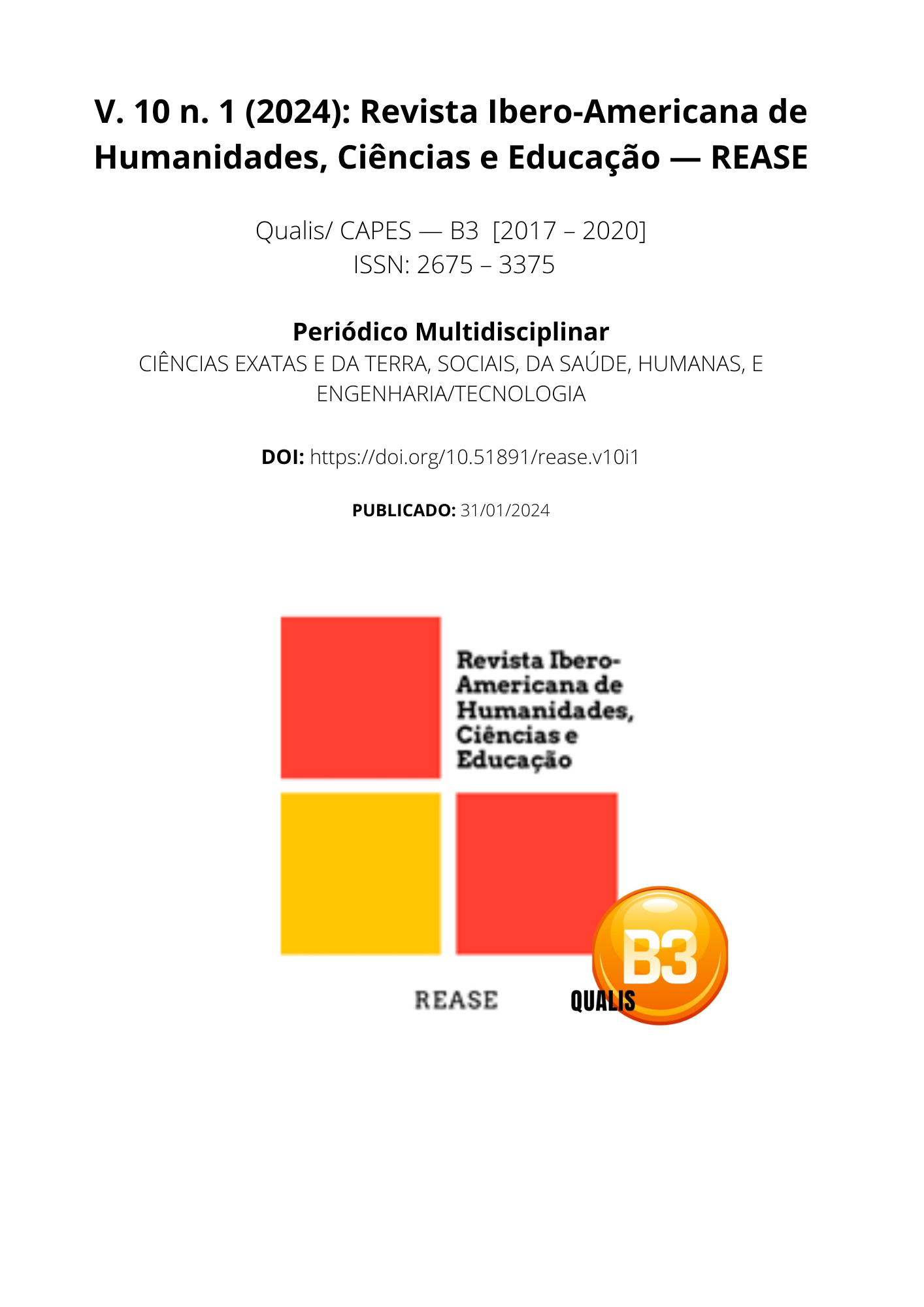THE IMPORTANCE OF THE EMPATHY IN THE HUMAN HEALTH CARE: CLOWNY PROJECT FROM THE PERSPECTIVE OF MEDICINE STUDENTS IN A HOSPITAL INSTITUTION
DOI:
https://doi.org/10.51891/rease.v10i1.12965Keywords:
Laughter Therapy. Empathy. Humanization of Assistance.Abstract
ABSTRACT: The study addresses the relevance of empathy in humanized health care, examining the Clowning Project through the perspective of medical students in a hospital institution. Clowning, understood as an artistic expression, is integrated into humanization initiatives in health services, providing comprehensive and psychological care. The project allowed students to experience the positive impacts of clowning on the recovery of patients in the Unified Health System (SUS), highlighting improvements in communication, interaction and emotional relief for both patients and project participants. Introduction: Clowning, considered a unique artistic manifestation, which goes beyond the simple search for laughter, using humor and comedy as primary instruments. Currently, this artistic expression is intertwined with several initiatives aimed at humanizing the health services offered by the Unified Health System (SUS). The proposal is to recover the comprehensive understanding of public health, taking care not only of the patient's physical appearance, but continuous psychological care without strings attached, so that the patient feels more comfortable in an environment as uncomfortable as the hospital. In this context, clowns, through dynamic and unpredictable interactions, aim to divert patients' focus from their health conditions and physical symptoms, directing them to the positive aspects. Objective: To report the experience of 2nd period medical students in their experiences during the biannual Clowning Project and how it impacted the lives of those who benefited from it. Method: The project was developed based on the study of theatrical techniques, taught by a teacher specialized in the area. Firstly, three meetings were held aimed at the physical, psychological and artistic preparation of academics, through interactive dynamics that proposed the movement of the body and mind, to accustom students to an environment that would always need to be positive and happy, to show this to the patients served. After this first preparation, it was necessary to prepare the actions that would be carried out in the hospital, taking into account that it is an environment with high transmission of infectious diseases and all body contact with bedridden individuals should be minimized, even though sometimes the patients themselves require this type of attitude from the team. After this preparation, when each student already had their stage name, repertoire and clown characterization, the group began five visits to a public hospital in Belo Horizonte. Results: From this, by using the art of humor and improvisation, students improved their communication skills and improved their interaction with patients. Thus, the excitement and anxiety of the patients when they knew that the clowns were going to brighten their day was clear throughout their stay in the beds. The empathy used in the project was essential to identify the difficult situation in which several of those patients found themselves, so that some could not move without assistance, or were tied to nasogastric or bladder tubes, enjoying many of the pleasures of everyday life, such as solid food or restricted hygiene. When listening to the life stories of several of these patients, it was clear that they were often in dire need of someone to entertain them and listen to what they had to say. Conclusion: The project allowed academics to experience in practice the positive impacts of clowning on the recovery of patients treated by the SUS, through emotional relief, which was not only impactful on those who received it, but also on those who provided this care
Downloads
Downloads
Published
How to Cite
Issue
Section
License
Atribuição CC BY

